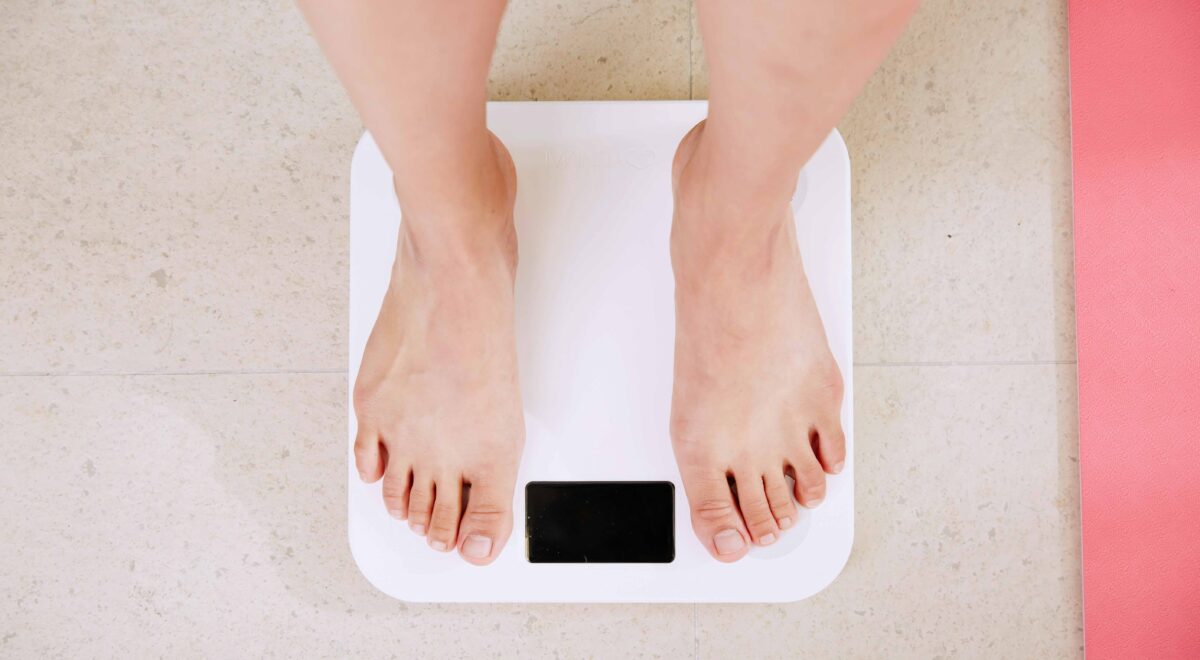Safe Calorie Deficit Strategies for Weight Loss
When it comes to losing weight, the principle of calorie deficit is the basis of your strategy. This is the foundation of all weight loss as you can’t lose weight without consuming fewer calories than your body expends. However, ensuring this deficit is achieved safely is paramount to maintaining overall health and sustainable results. Often misunderstood, we explore safe calorie deficit strategies for weight loss, emphasizing nutrition, wellness, and a balanced approach to diet and exercise.
Understanding Calorie Deficit
A calorie deficit is fundamentally about the laws of thermodynamics. To lose weight, you need to create an environment where your body uses more energy than it receives from food. This concept is simple, but executing it in a healthy manner requires careful planning. The goal is to lose weight while still providing your body with the essential nutrients it needs to function optimally.
While the goal may be to eat less calories than you burn, it’s also important to remember that not all calories are created equal. It’s not just about eating less but eating right. Focusing on nutrient-dense foods such as fruits, vegetables, lean proteins, and whole grains can help you feel full longer while consuming fewer calories apart from providing your body with necessary vitamins, minerals, and fiber, supporting overall health and aiding in weight loss.
Diet Plans Tailored to Your Needs
If you’re looking to lose weight, personalized diet plans can offer a structured approach to achieving a calorie deficit. With so many options to choose from, it’s tempting to pick an extreme plan which cuts calories drastically. While that initial loss of (usually water) weight is good for motivation, it can lead to nutritional deficiencies over time, leading to health complications that will eventually set you back in your journey. If you’re choosing between a low-carb, Mediterranean, or any other diet, the key is to find a plan that you can see fitting your lifestyle, preferences, and nutritional needs over the next few years. A well-structured diet plan is one that lets you reduce your calorie intake without compromising on nutrition & helps you stay consistent over time.
Healthy Eating Habits
Adopting healthy eating habits is essential for long-term success. This includes practices like mindful eating, portion control, and avoiding empty calories found in sugary snacks and processed foods. By focusing on wholesome, unprocessed foods, you can create a calorie deficit while ensuring your body receives the nourishment it needs.
It’s also important to note that while the goal may be to lose weight, it’s a safer strategy in the longer run to optimise for fat loss instead of weight loss. You can do this by prioritizing activities and foods that promote the reduction of body fat while preserving muscle mass as the more muscle you have, the more calories your body needs to maintain it. Strength training, in addition to cardio exercises and a higher protein diet can be particularly effective in achieving this balance.
Boosting Metabolism
Your metabolism plays a significant role in how efficiently your body burns calories. Certain foods and activities can help increase your metabolic rate, making it easier to create a calorie deficit. Regular physical activity, including both aerobic and resistance training, can boost your metabolism and enhance your weight loss efforts. Exercise is an integral part of creating a safe calorie deficit as apart from increasing the number of calories your body burns, it also supports muscle growth, cardiovascular health, and overall wellness. Incorporating a mix of cardio, strength training, and flexibility exercises into your routine can maximize your weight loss results while ensuring your body stays strong and healthy.
Embracing Wellness
Weight loss is not just about the physical aspect of health; it’s also about your overall well-being. Stress management, adequate sleep, and hydration are all crucial components of a successful weight loss journey. The chances of you slipping up on your nutritional plan & exercise routine are much higher when you’re stressed or anxious so if you want to stay consistent, ensure that you’re taking care to be able to stay consistent.
Conclusion
Creating a safe calorie deficit for weight loss requires a holistic approach that balances nutrition, exercise, and wellness. By focusing on eating nutrient-dense foods, adopting healthy eating habits, incorporating regular physical activity, and attending to your overall well-being, you can achieve sustainable weight loss results. The journey to losing weight safely is not about quick fixes but about making lasting changes to your lifestyle. If you’re in doubt, we recommend that you consult with a healthcare professional or a certified nutritionist who can provide personalized guidance tailored to your specific needs, ensuring your weight loss journey is both effective and safe.
















































